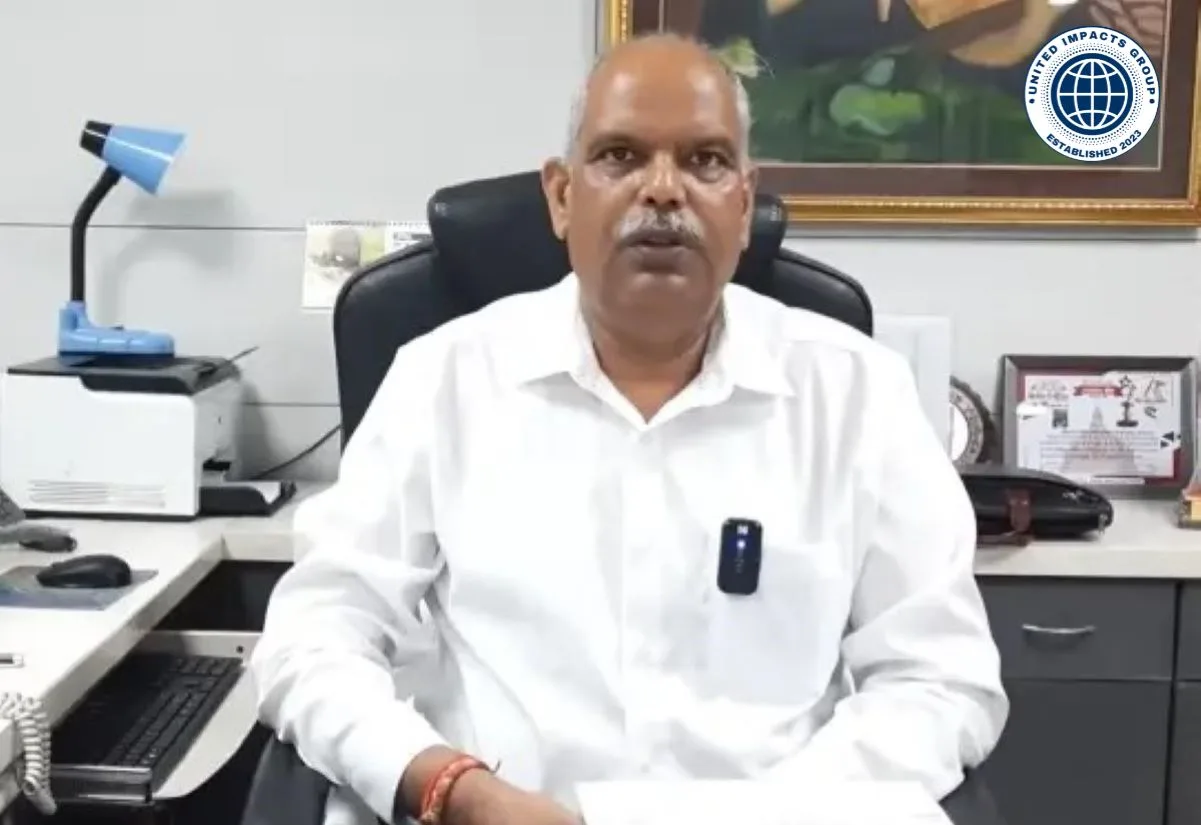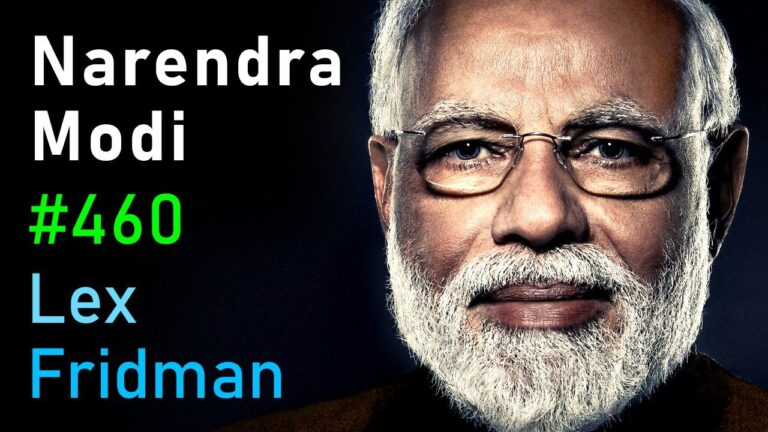
Exclusive Interview: Insightful Conversation with Abhimanyu Rai, State Marketing Manager of IFFCO State Office (UP)
IFFCO, also known as the Indian Farmers Fertiliser Cooperative Limited, is a multi-state cooperative society that operates in the fertilizer manufacturing and marketing business. It is fully owned by the Cooperative Societies of India. Established in 1967 with 57 member cooperatives, IFFCO has grown to become the world’s largest cooperative in terms of turnover on GDP per capita, according to the World Cooperative Monitor 2021. With over 35,000 member cooperatives, IFFCO serves more than 50 million Indian farmers.
During our visit to IFFCO State Office in Lucknow, we had the opportunity to speak with Abhimanyu Rai, the State Marketing Manager of IFFCO. Mr. Rai is responsible for overseeing fertilizer supply across the state and managing IFFCO’s farmer welfare programs. We discussed IFFCO’s innovative product, ‘Nano Urea,’ and their initiatives aimed at addressing India’s fertilizer shortage.

1. Can you tell us about IFFCO’s initiatives and products designed to tackle India’s fertilizer shortage?
Uttar Pradesh (UP) is not only the largest agrarian state in India but also the biggest consumer of fertilizers, with a consumption of up to 96 lakh metric tonnes of urea, NPK, and DAP. IFFCO’s fertilizers account for approximately 40 lakh tonnes of this total. The trust of farmers in IFFCO’s fertilizer products is evident.
One of IFFCO’s groundbreaking initiatives is the development of ‘Nano Urea,’ the world’s first liquid fertilizer of its kind. This Indian-made product has the potential to revolutionize the fertilizer market in the country.
Nano Urea underwent extensive field trials, with more than 11,000 trials conducted on 43 different crops in collaboration with the National Agriculture Research System (NARS), 20 ICAR research institutes, Krishi Vigyan Kendras (KVKs), and state agriculture universities. These trials led to the inclusion of Nano Urea in the Government of India’s Fertilizer Control Order. The results demonstrated an average yield increase of 7-8 percent in plants.
Nano Urea is an indigenous product developed at IFFCO’s Nano Biotechnology Research Center (NBRC) in Kalol, Gujarat, utilizing proprietary technology. Commercial production of Nano Urea commenced in August 2021. So far, we have sold approximately 2,130,000 bottles across India, with 41 lakh bottles sold in Uttar Pradesh alone. Our target for this year is to sell around 1,850,000 bottles.
2. What advantages does Nano Urea offer over conventional urea?
- Nano Urea is not only 10% cheaper than a bag of regular urea but also has the potential to reduce urea consumption by 50%. It can effectively replace traditional urea.
- A 500 mL bottle of Nano Urea contains the same amount of nitrogen, 40,000 ppm (parts per million), as an entire bag of conventional urea.
- Furthermore, Nano Urea is advantageous for the government as it does not require any subsidy. This helps reduce the government’s expenditure on grants for traditional fertilizers.
3. How does Nano Urea benefit the environment?
Nano Urea presents a sustainable solution for crop nutrition. By reducing the excessive use of traditional urea, it promotes balanced soil nutrition, resulting in healthier and stronger plants that are better equipped to withstand lodging. Unlike traditional urea, which sees only 30% uptake by plants and 70% wasted, polluting the environment, Nano Urea significantly minimizes such wastage. Traditional urea evaporates into the atmosphere as Nitrous Oxide and Ammonia, while the remaining unused urea mixes with groundwater as Nitrate, leading to pollution.
4. What are your views on the use of organic fertilizers?
Farmers should incorporate organic fertilizers alongside chemical fertilizers to enhance the soil’s microbial population. Encouraging the use of green manure and organic manure helps increase soil organic matter content. Additionally, farmers should consider the composition of micronutrients to ensure soil health is maintained.






